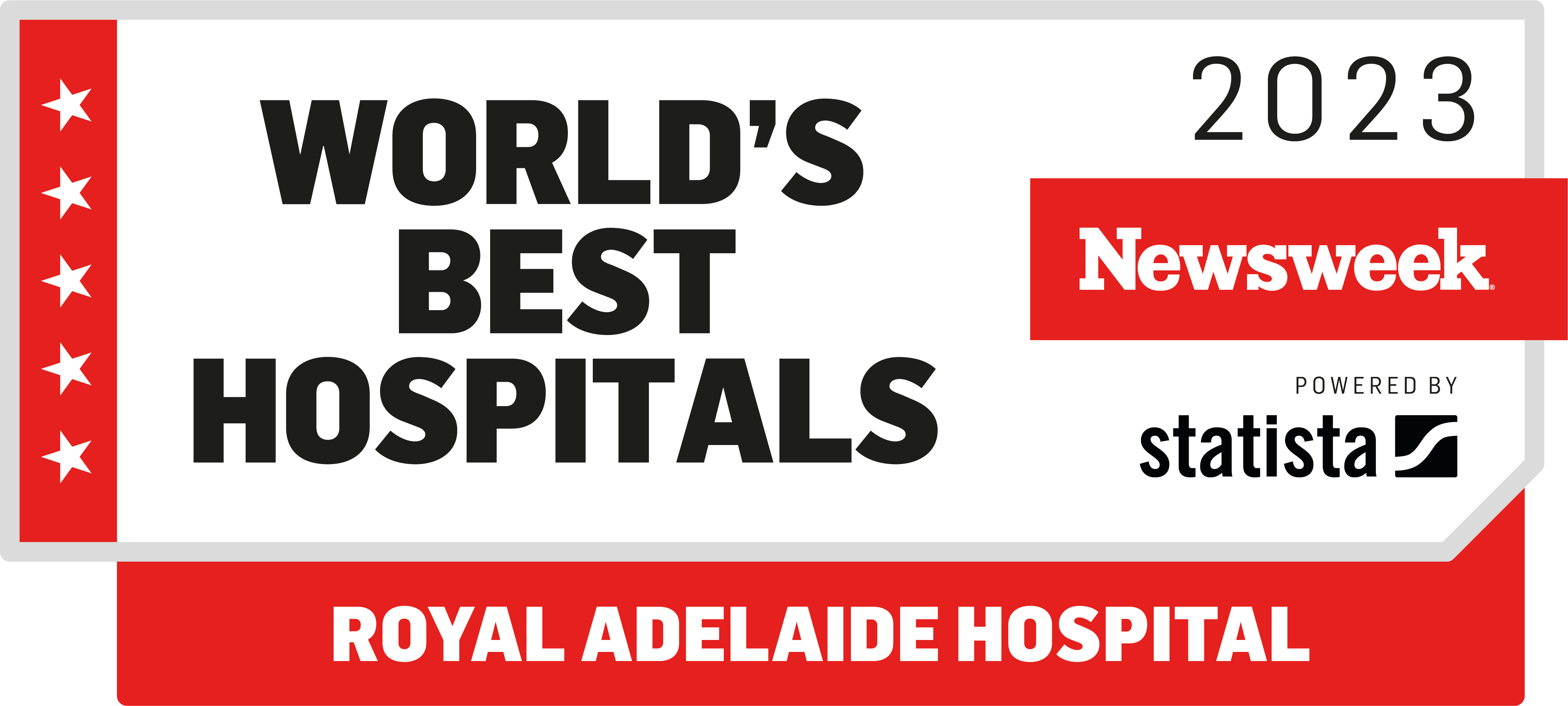
Animals on CALHN sites
Central Adelaide Local Health Network recognises the positive impact that animals can have in patient recovery and the important role that Service/Assistance Dogs play for members of our community.
Assistance dogs, therapy dogs and companion animals are welcomed onto all CALHN sites as outlined:
Assistance Dogs
CALHN welcomes Assistance Dogs during your visit to our hospital sites and services.
The Disability Discrimination Act 1992 identifies an assistance dog as ‘is trained to assist a person with a disability to alleviate the effect of the disability and meets standards of hygiene and behaviour that are appropriate for an animal in a public place’.
Assistance dogs are issued with identity cards or a public access licence which the handler should show if requested.
All Assistance Dogs on CALHN must be:
- accredited under a law of a State or Territory that provides for the accreditation of animals trained to assist a person with a disability to alleviate the effect of the disability; or
- accredited by an animal training organisation prescribed by regulations under the Disability Discrimination Act; and
- trained to assist the person to alleviate the effect of the disability and meets the standards of hygiene and behaviour that are appropriate for an animal in a public place.
Therapy Dogs
CALHN has agreements with registered therapy animal organisations who provide therapy dogs for CALHN sites.
This registration ensures that the pet therapy animal, and their handler are fully trained to work in a hospital setting and the dogs are regularly assessed for their suitability for this type of activity as well as completing special veterinary checks to ensure they meet high infection control standards.
No dogs can enter a CALHN site for therapy purposes unless they are registered with one of these organisations.
All requests for therapy dog visits are coordinated and approved by the Nurse Unit Manager(s) for the patient/s involved and any handlers coming on site are to comply with staff request.
A handler must wear a uniform and an identity badge, and the therapy dog is identified as a working dog for a registered therapy animal organisation.
The responsibility for management of the therapy dog lies with the handler in association with the registered therapy animal organisation.
Companion Animals
Companion animals/patients’ personal pets may be approved for a visitation in certain circumstances such as end of life or compassionate reasons.
Companion animals can visit their owner/the patient if the ward has an existing ‘Pet Visitation’ policy. Request for a companion animal to visit their owner/the patient, are approved and coordinated by the Nurse Unit Manager.
The following animals are not permitted on CALHN sites:
- rodents, reptiles, and spiders
- birds and marsupials
- attack trained dogs, guard dogs and patrol dogs
- dogs under a Destruction Order made by a Council or SA Dog and Cat Management Board
- dogs previously removed from a CALHN site
- any animal that looks unwell
If you wish to bring a companion dog to a CALHN site, please contact the Nurse Unit Manager of the ward in which you are an inpatient.
We acknowledge and pay respect to the First Nations Kaurna people upon whose ancestral land the Central Adelaide Local Health Network (CALHN) provides services.
We acknowledge the relationship and deep feelings of attachment between Aboriginal and Torres Strait Islander peoples and Country, and we acknowledge the traditional owners and custodians of the many lands from which our Aboriginal and Torres Strait Islander consumers travel to receive services.
The Central Adelaide Local Health Network website is licensed under a Creative Commons Attribution 3.0 Australia Licence. © Copyright 2025

